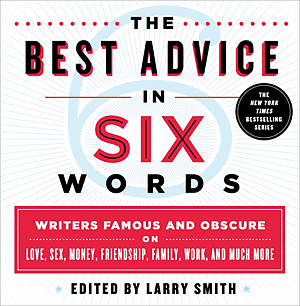From ProofreadNOW:
On, upon, up on. Do you know someone who is bookish? You might be considered bookish if you misuse upon when you could simply use on instead. Apart from a few set phrases in which upon comes automatically to lips or pen — e.g., Depend upon it! and, for Britons perhaps, Upon my word! — this form of the preposition should be reserved for (1) idioms (put upon); (2) the avoidance of ambiguity, as when on would link a nearer word and upon correctly links the farther one (the effect of the short brisk word on [upon] style); and (3) very occasional effects of emphasis, rhythm, or archaic tone. In this rapid day and age, we bank on, count on, rely on, comment on, depend on, enlarge on, trespass on, verge on, seize on, land on, hit on, recline on, meditate on, sermonize on, and work on. This recommendation has, of course, no bearing on up as an adverb followed by the preposition on. We go up on the roof, get up on an airchair, climb up on a scaffolding, etc. This construction requires two separate words, and up is given an intonation very different from that of the first syllable of upon.
Verbal v. Oral. Verbal means relating to words without specifying whether the words are spoken or written. Consequently, the common phrase verbal agreement to mean one that is not written down is a misnomer. The proper term is oral agreement — oral meaning by [word of] mouth. To capture and preserve the distinction, think of oral exam and verbal aptitude test.
Anytime, sometime. As adverbs, these words are contractions of at any time and at some time. Whenever the full forms cannot be substituted for the contractions, they should not be contractions but two words: I can take you water skiing anytime today, but I can’t give you any time tomorrow; He said he’d come sometime soon, but the engine may take some time to fix, and we might have to leave it with him for some time. Both anytime and sometime are occasionally used as adjectives: Airchairing is an anytime sport; He’s a sometime friend, meaning an inconstant friend; He’s a sometime downhill champion, meaning a former or onetime, downhill champion.












Comments on this entry are closed.